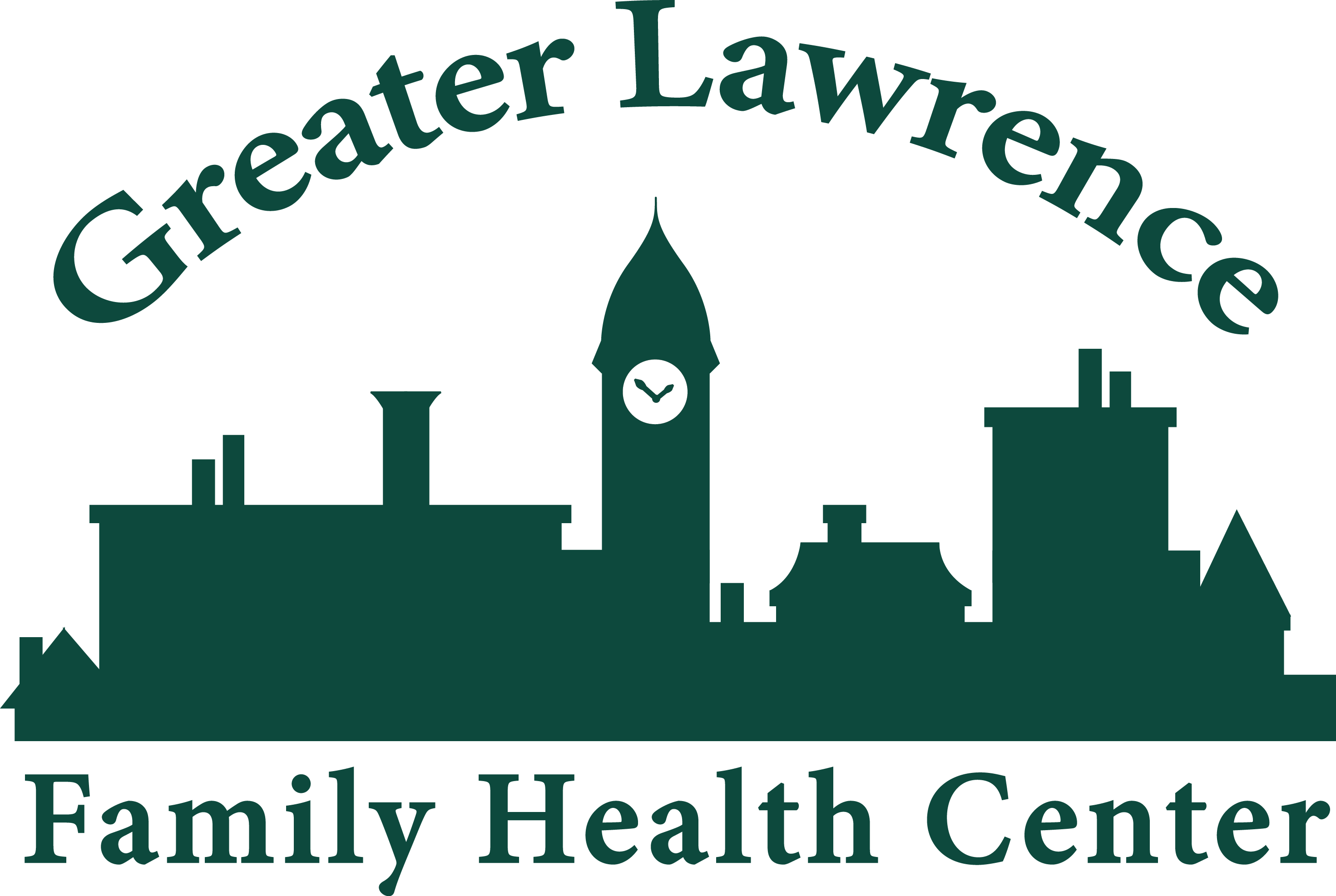Pre-Eclampsia and High Blood Pressure in Pregnancy
Resources
To contact our Prenatal Care Team, call 978-983-0469 (Option 1, then Option 3).
VIDEO ENGLISH
VIDEO SPANISH
VIDEO HAITIAN-CREOLE
What is it?
Pre-eclampsia is new or sudden worsening of high blood pressure which affects the function of your body’s organs.
High blood pressure in pregnancy, including pre-eclampsia, occurs in about 8% of pregnancies. If you have high blood pressure or pre-eclampsia in one pregnancy, this does increase the risk of having it in a future pregnancy.
The exact cause of pre-eclampsia is not known but it is thought to be due to abnormal placental development.
Preventing Pre-Eclampsia
There’s no way to completely prevent pre-eclampsia, but there are ways to reduce your risk:
- Maintain a healthy weight before and during pregnancy. Talk to your healthcare provider about what this means for you.
- Take low-dose aspirin throughout your pregnancy, starting at 12-16 weeks of pregnancy. At GLFHC, we recommend aspirin to all pregnant people unless it is contraindicated.
- Closely manage existing medical conditions like high blood pressure or diabetes.
- Attend all scheduled prenatal appointments for monitoring blood pressure.
Why do we care?
Pre-eclampsia is one of the leading causes of death to both the mother and infant worldwide.
- Risks to birthing parent:
- Seizures
- Stroke
- Temporary or permanent damage to the liver, kidneys, heart, lungs and brain
- Death
- Increased lifetime risks of heart disease, stroke, kidney disease
- Increased risk of pregnancy complications and postpartum hemorrhage
- Risks to baby:
- Premature birth
- Stillbirth/death of the baby
- Placental abruption, or bleeding of the placenta
- Increased risk of cesarean delivery
- Low birthweight – Pre-eclampsia can reduce blood flow to the placenta and prevent the baby from getting all of the nutrients and oxygen it needs to grow
Additional Risk Factors
- Pre-eclampsia in prior pregnancy
- Lupus
- Kidney disease
- Low socioeconomic status
- Black maternal race
- Low education level and low literacy level
Causes of High Blood Pressure
OBESITY: Excess weight increases strain on the heart.
MULTIPLE: Carrying twins / triplets.
FIRST TIME: Higher rise due to body’s first adaptation.
FAMILY HISTORY: Genetic predisposition plays a crucial role.
GESTATIONAL DIABETES: Blood sugar issues elevate hypertension.
PRE-EXISTING: Prior high blood pressure worsens during pregnancy.
ADVANCED AGE: Pregnancy after 35 raises hypertension risk.
How to Check your Blood Pressure
- Feet flat on floor.
- Seated, wait 5 minutes of sitting before checking your blood pressure.
- Ensure that you have the correct size blood pressure cuff.
- Ensure that the blood pressure cuff works correctly.
Symptoms of Blood Pressure Disease
Tell your clinician about any of the following symptoms, which may be signs of pre-eclampsia. If not treated, pre-eclampsia can lead to seizures, brain injury and death – which is why it is important to recognize and treat it as soon as possible:
- Any changes in eyesight (blurry vision, spots in vision).
- Bad headaches that won’t go away, even with medication.
- Swelling in face and/or hands. Some amount of swelling in your legs and feet can be normal in pregnancy.
- Abdominal pain, particularly on the right side.
- Shortness of breath.
- Chest pain.
- Gaining more than 3-5 pounds in one week.
- Vaginal bleeding.
- Low or lessened output of urine.
- Nausea or vomiting that shows up suddenly at midpoint of pregnancy.
- Decreased fetal movement.
Blood pressure levels higher than 140/90 are concerning for pre-eclampsia or elevated blood pressure that can damage your body’s organs.
